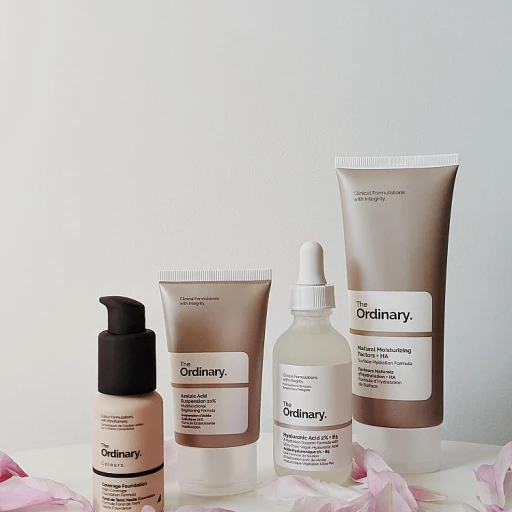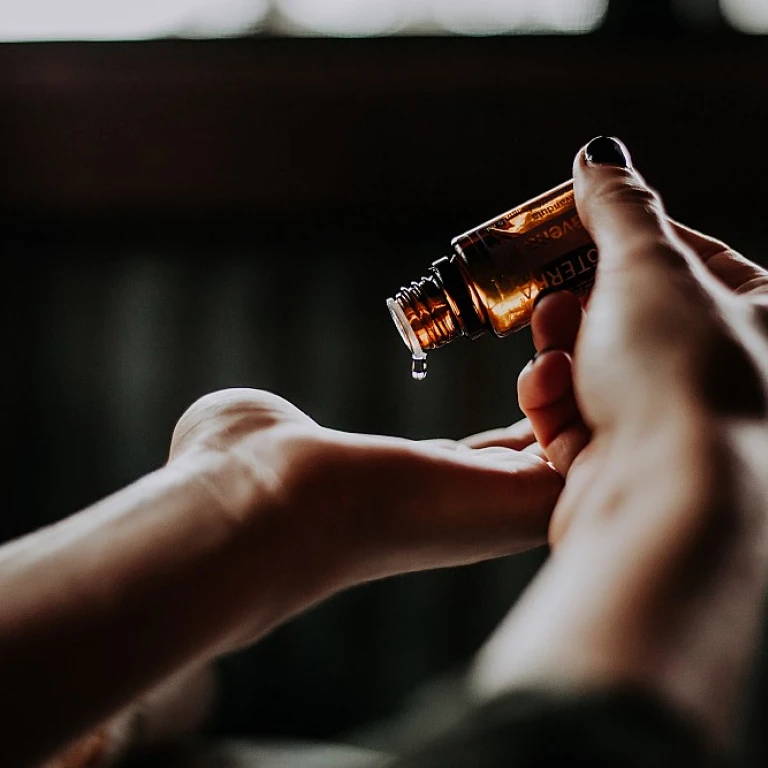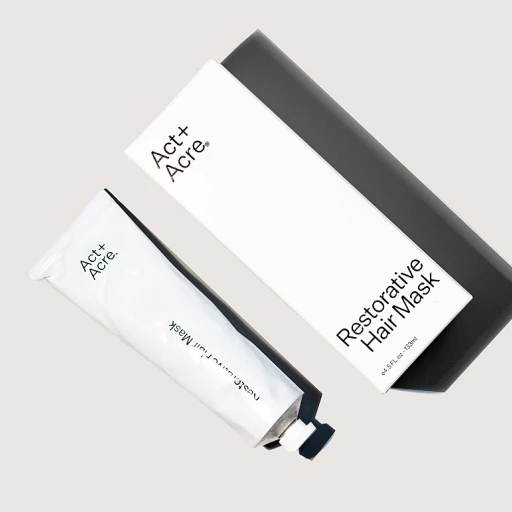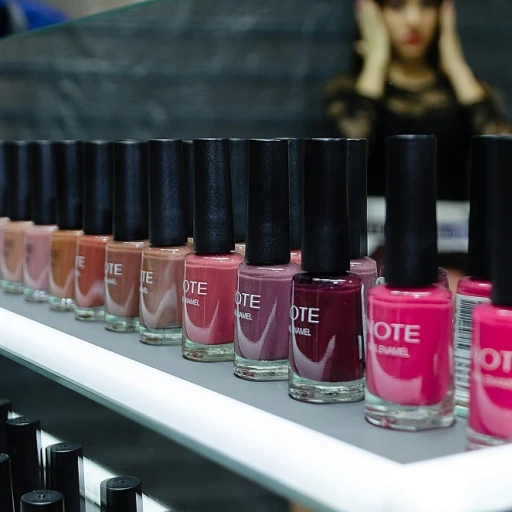
Body:
Do you ever feel like you need a PhD in Chemistry to understand the ingredient list on your favorite luxury skincare product? You're not alone, darling. But fear no more, your friendly neighborhood beauty blogger is here to decode the jargon. Let's investigate what those tongue-twisting terms really mean and figure out whether they're worth the hefty price tag.
The ABCs of Luxury Skincare Ingredients
Let's dive right in. Shall we?
1. Hyaluronic Acid (HA)
Despite the spooky name, there's nothing to fear about Hyaluronic Acid. It's a darling of dermatologists and a moisture magnet that can hold up to 1000 times its weight in water. In luxury cosmetics, it's often sourced from select bio-fermentation processes for that added touch of exclusiveness.
2. Retinol
Retinol is essentially vitamin A, a powerhouse ingredient that's been proven to reduce wrinkles and even out skin tone. In the luxury segment, brand uses Retinol in microencapsulated form to ensure it's delivered to your skin in the optimum condition.
Take a Break, Have a Laugh
What did one facial cream say to the other? 'You're one in a million.' The other cream replied, 'No, you're one in a billion, cuz' you're a luxury cream!'
3. Peptides
Peptides are chains of amino acids (the building blocks of skin proteins) that communicate with your cells to perform certain functions. Luxury brands prefer designer peptides cultivated in labs for targeted effects.
4. Antioxidants
Antioxidants are your skin's bodyguard, protecting it from damage by free radicals. When choosing a luxury skincare product, look for power-packed antioxidants like Vitamins C and E.
Busting the Myths
Are these ingredients giving us the benefits promised? Studies have shown that, yes indeed, they work wonders on the skin. But remember, more expensive doesn't always mean better. It's all about concentration and bioavailability of these ingredients. Your skin should be able to absorb them well, and they need to be present in the right quantity.
Also, don't let glamourous sounding terms like 'marine extracts' or 'precious metals' fool you. These are often used for marketing spin and might not provide any concrete skin benefits.
References:
Ravindran, R., Maeda, T., Pal, A. (2007). Peptides - a new class of cosmaceuticals. Journal of cosmetic dermatology, 6(2), 155-159. Link to the study
Kang, L. I., Kim, S. E., Kim, Y. K., Jeong, K. H., Choi, E. H., Zouboulis, C. C., . . . Kim, K. J. (2013). Antioxidants Counteract Nicotine and Promote Migration via RacGTP in Endothelial Cells. PLoS ONE, 8(12). Link to the study



